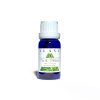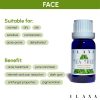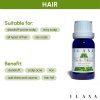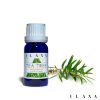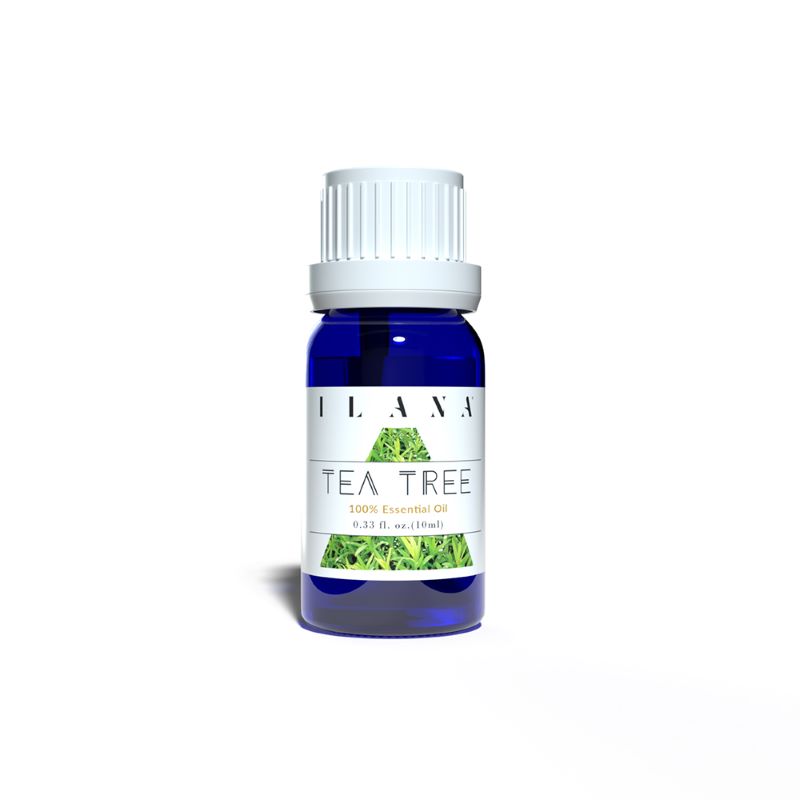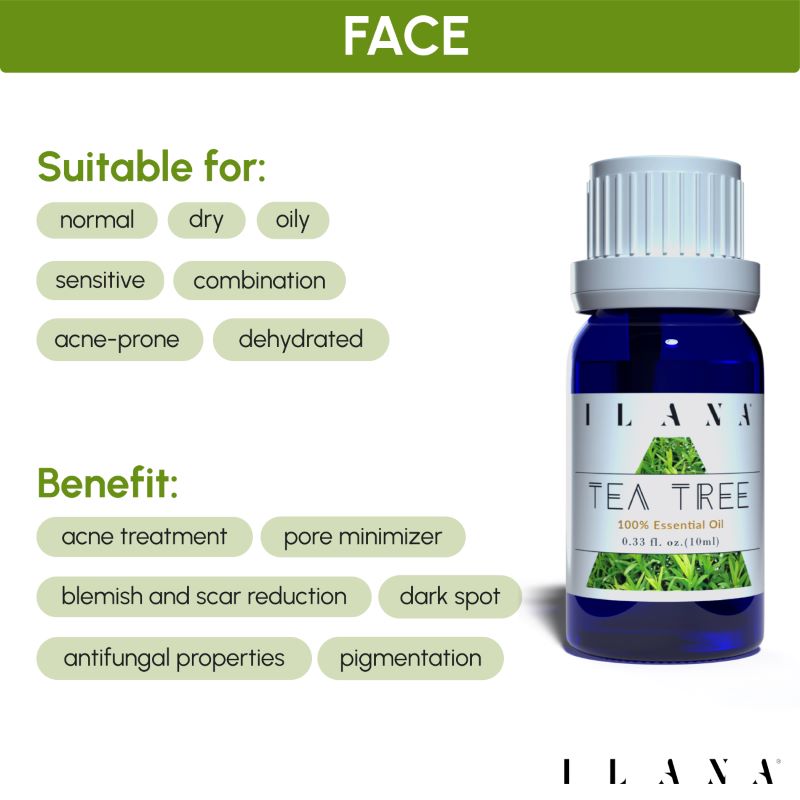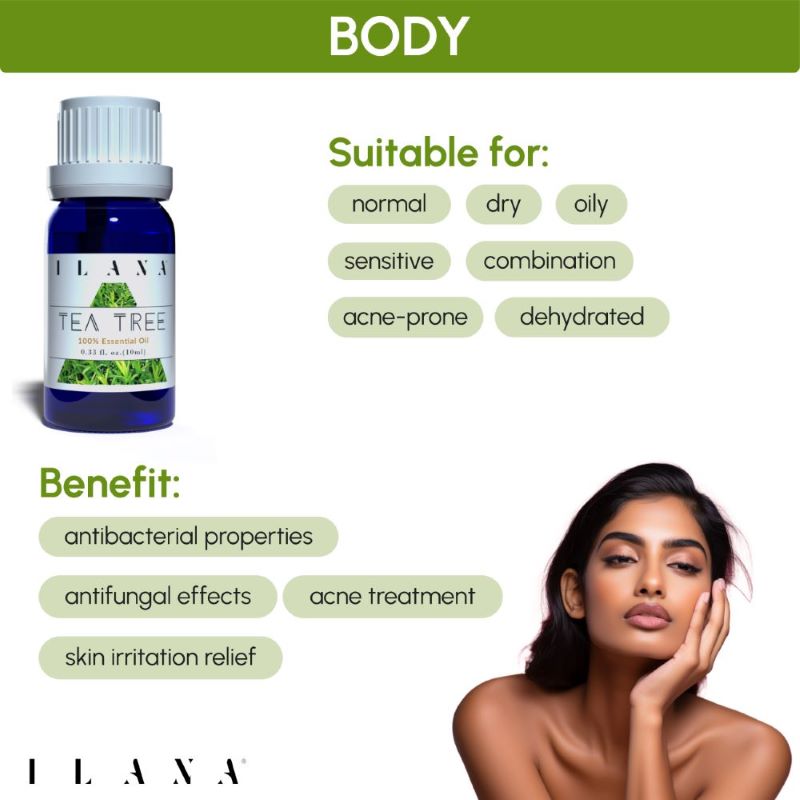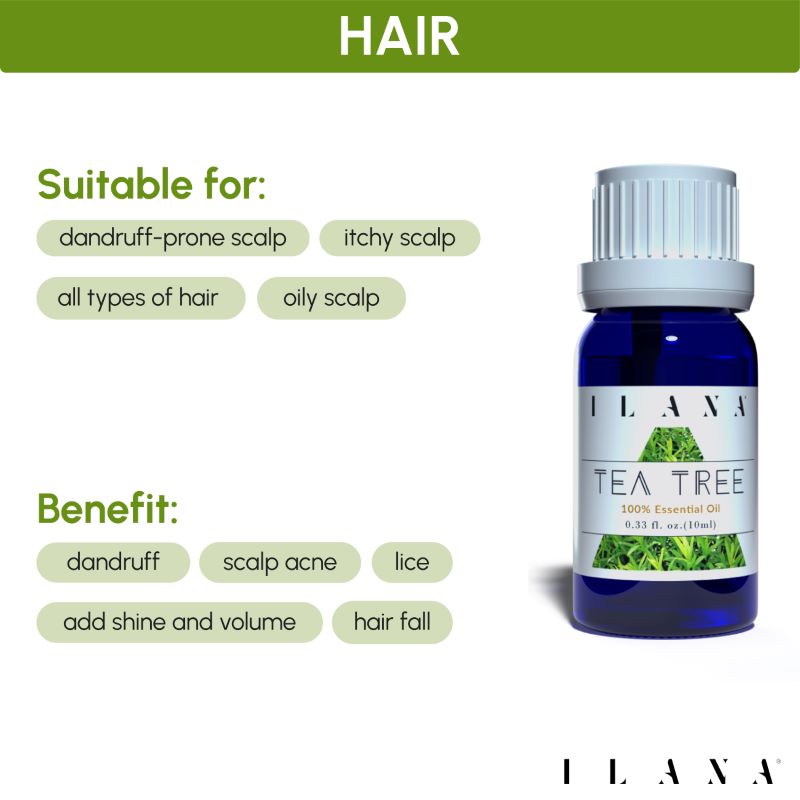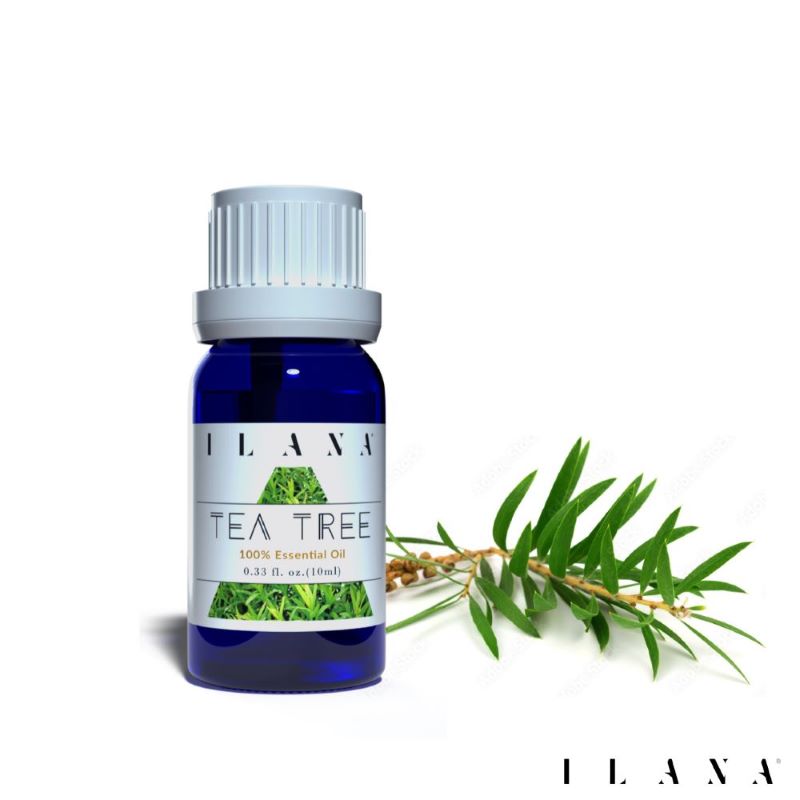- Can I apply tea tree oil directly to my skin?
It’s generally not recommended to apply undiluted tea tree oil directly to the skin, as it can be quite potent and may cause irritation or allergic reactions in some individuals. It’s best to dilute tea tree oil with a carrier oil like jojoba, coconut, or almond oil before applying it to your skin.
- Is tea tree oil safe for all skin types?
Tea tree oil is generally safe for most skin types, but it can be drying for individuals with very dry or sensitive skin. It’s important to monitor how your skin reacts and adjust the dilution accordingly. If you have concerns or sensitive skin, consider doing a patch test first.
- Can tea tree oil help with acne?
Yes, tea tree oil is known for its antibacterial and anti-inflammatory properties, making it effective for treating acne. Diluted tea tree oil can be applied topically to pimples or acne-prone areas to help reduce inflammation and prevent breakouts.
- How do I use tea tree oil for acne?
Mix a few drops of tea tree oil with a carrier oil and apply it to the affected areas using a cotton swab or clean fingers. Be sure to do a patch test first to ensure your skin tolerates it. Avoid using too much, as it can cause dryness.
- Can tea tree oil be used to treat fungal infections on the skin?
Yes, tea tree oil is effective against various fungal infections like athlete’s foot and nail fungus. You can apply diluted tea tree oil directly to the affected areas but be consistent with application for best results.
- Is tea tree oil safe for sensitive or irritated skin?
Tea tree oil can be beneficial for soothing skin irritation, but individuals with very sensitive or irritated skin should use it with caution. Always dilute it and do a patch test first. If irritation occurs, discontinue use.
- Can I add tea tree oil to my skincare products?
Yes, you can add a few drops of tea tree oil to your skincare products like cleansers, moisturizers, or masks to enhance their effectiveness. Just be sure to mix it well before applying.
- Does tea tree oil help with scars and blemishes?
Tea tree oil may help reduce the appearance of scars and blemishes over time due to its skin-cleansing and healing properties. However, results can vary from person to person.
- Can tea tree oil be used as a natural deodorant?
Yes, tea tree oil’s antimicrobial properties make it a valuable ingredient in homemade natural deodorants to combat body odor.
- Are there any side effects or precautions when using tea tree oil for skin care?
Some people may experience skin irritation or allergies when using tea tree oil. Always dilute it and do a patch test before using it on larger areas of the skin. If irritation occurs, discontinue use. Pregnant or nursing individuals and those with specific medical conditions should consult a healthcare professional before using tea tree oil.
- Can I apply tea tree oil directly to my hair and scalp?
It’s generally not recommended to apply undiluted tea tree oil directly to your hair and scalp, as it can be strong and potentially cause dryness or irritation. Dilute tea tree oil with a carrier oil like coconut or jojoba oil before applying it to your hair and scalp.
- How often should I use tea tree oil on my hair and scalp?
The frequency of use depends on your specific hair and scalp needs. For most people, using tea tree oil once or twice a week is sufficient to maintain a healthy scalp. Overuse may lead to excessive dryness.
- Can tea tree oil promote hair growth?
While tea tree oil can help create a healthier scalp environment by combatting dandruff and reducing inflammation, it doesn’t directly stimulate hair growth. However, a healthy scalp is essential for optimal hair growth.
- Does tea tree oil help with dandruff?
Yes, tea tree oil is effective at treating dandruff due to its antifungal and antibacterial properties. It can reduce the itching and flakiness associated with dandruff.
- Can tea tree oil prevent head lice?
A15: Tea tree oil’s antimicrobial properties make it a natural deterrent for head lice. Using it in your hair care routine may help prevent lice infestations.
- How do I make a tea tree oil hair mask?
To make a tea tree oil hair mask, mix a few drops of tea tree oil with a carrier oil like coconut or olive oil. Apply this mixture to your hair and scalp, leave it on for about 20-30 minutes, and then shampoo and condition your hair as usual.
- Can tea tree oil be used for oily hair?
Yes, tea tree oil can help regulate excess oil production on the scalp, making it suitable for individuals with oily hair types. However, it should be used in moderation to avoid over-drying the scalp.
- How can I use tea tree oil to soothe an itchy scalp?
Mix a few drops of tea tree oil with a carrier oil and massage it into your scalp. The oil’s anti-inflammatory properties can help soothe itchiness. Leave it on for at least 30 minutes before washing your hair.
- Can I add tea tree oil to my shampoo or conditioner?
Yes, you can add a few drops of tea tree oil to your shampoo or conditioner bottles and shake well to mix. This allows you to incorporate tea tree oil into your regular hair care routine.
- Are there any side effects or precautions when using tea tree oil for hair care?
Tea tree oil is generally safe for hair care when used as directed. However, it can cause skin irritation or allergies in some individuals, so always dilute it and perform a patch test before extensive use. If irritation occurs, discontinue use. Avoid using too much tea tree oil, as it may lead to dryness or excessive oil regulation.
